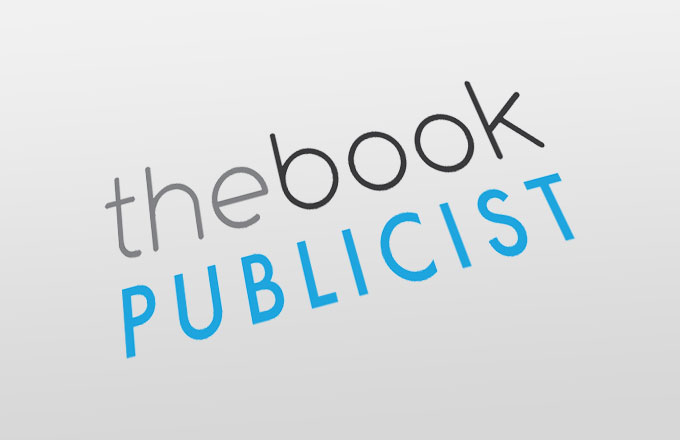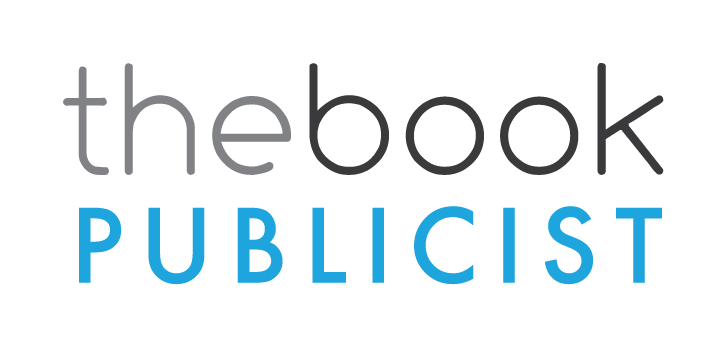
Goodbye to the in-house publicist?
March 16 2016
Do these new breed of publicists actually supply a better service?
Goodbye to the in-house publicist?
Redundancies across every business sector and the rise in remote workers, thanks to the Internet, means that there has been an increase in freelance book publicists over the last few years. According to the Professional Contractors Group, there are currently 1.4 million freelancers in the UK, adding a whopping £21 billion to the UK GDP. Rather than the recession being a hindrance to these people, in many ways it has given them the impetus to go it alone.
The question is, do these new breed of publicists actually supply a better service? And is there still a place for the traditional, in-house type in the modern, cost-cutting and online business world?
Virtual publicists – the benefits:
Cost: One of the greatest benefits of the virtual publicist is the price; working at home, without the trappings of an office, its infrastructure and additional staff means that these freelancers are usually considerably cheaper than an agency. Available on a one-off project basis, a more flexible way of working allows publishing houses to use virtual publicist’s services on an ad-hoc basis, rather than employing someone full-time.
Focus: Within the company structure, in-house publicists are often tasked with more than just promoting books and become embroiled with day-to-day running of the business and the distractions of internal meetings and politics. By working alone these distractions disappear, leaving virtual publicists more time to focus on their clients.
Contacts: In-house contacts are often dictated by the company and the way things ‘have always been done.’ Sole-traders are not restricted by the culture of their workplace so are more inclined to try alternative avenues for book promotion, as well as honing their skills in specialist areas. They also have a commitment to develop their own business and may have more time, so are more likely to use the most up-to-date methods of communication, such as social media and digital PR channels.
In-house publicists:
There are of course considerable benefits to the in-house team; they will have an understanding of the publishing house which could never be replicated by an outsider. With the reputation of the organisation behind them, they may also find initial door opening with journalists easier too – however most freelancers go it alone at a point when they can be sure of their contacts and have built up their own, personal reputation, irrespective of who they work for.
There are also benefits to the old adage ‘two heads are better than one’ and in-house publicists will have the support of fellow team members to bounce-off ideas.
So which is better?
Ultimately, the answer may be for in-house to exist alongside freelancers. This way the benefits of both approaches can be utilised, with the in-house publicist’s superior knowledge of the publishing company and its authors paired with the additional time, fresh approach and new contacts of the virtual worker.
In-house publicists are often extremely stretched, spreading themselves thin across a number of activities; by handing some of this over, they will have more time to concentrate on the important tasks of managing authors, taking charge of the press office and dealing with reactive PR opportunities.
As previously stated, two heads are better than one, so it’s not ‘goodbye’ to the in-house publicist, merely ‘hello’ to the virtual one.
t. 01497 288018
e. info@thebookpublicist.co.uk
The Book Publicist
Cella Pegler Orchard
Dorstone
Herefordshire
HR3 6AW
